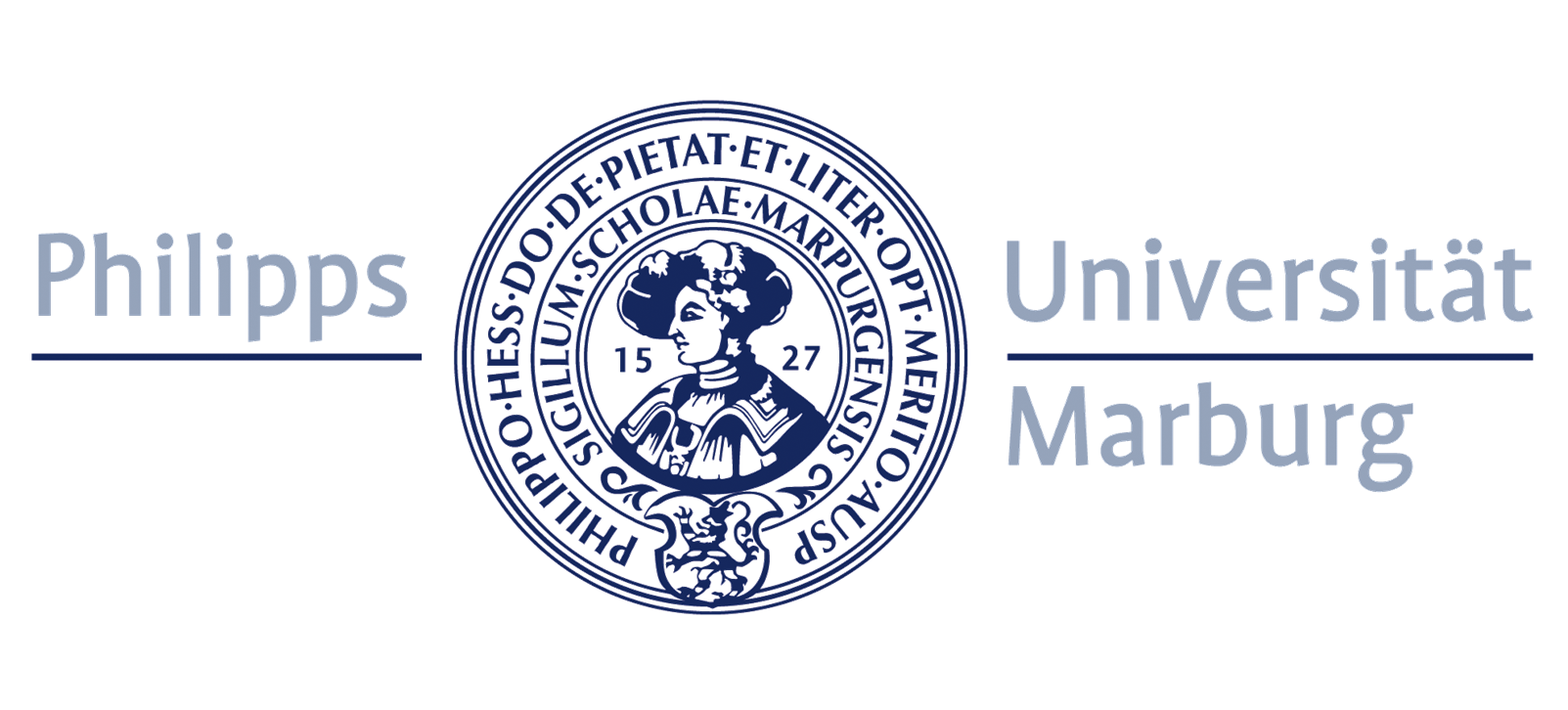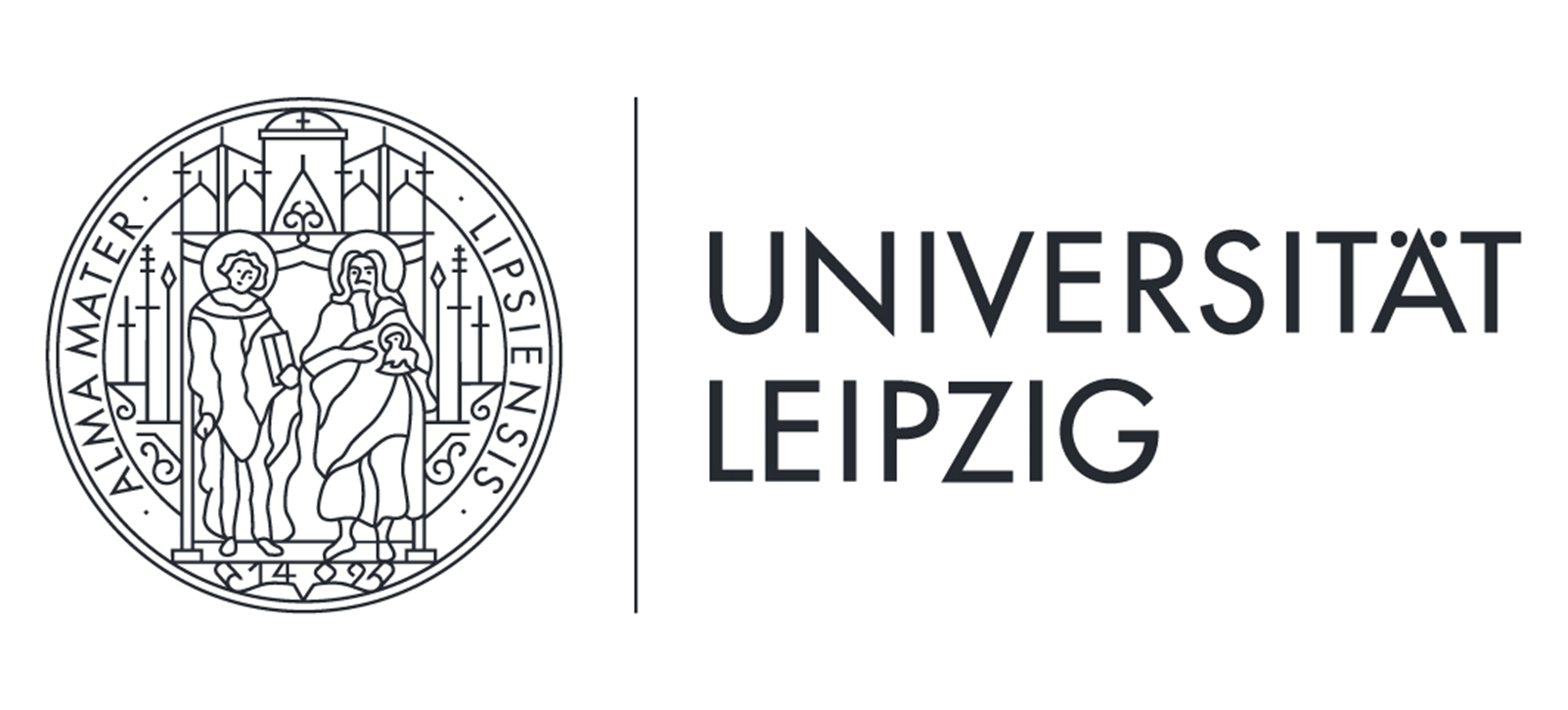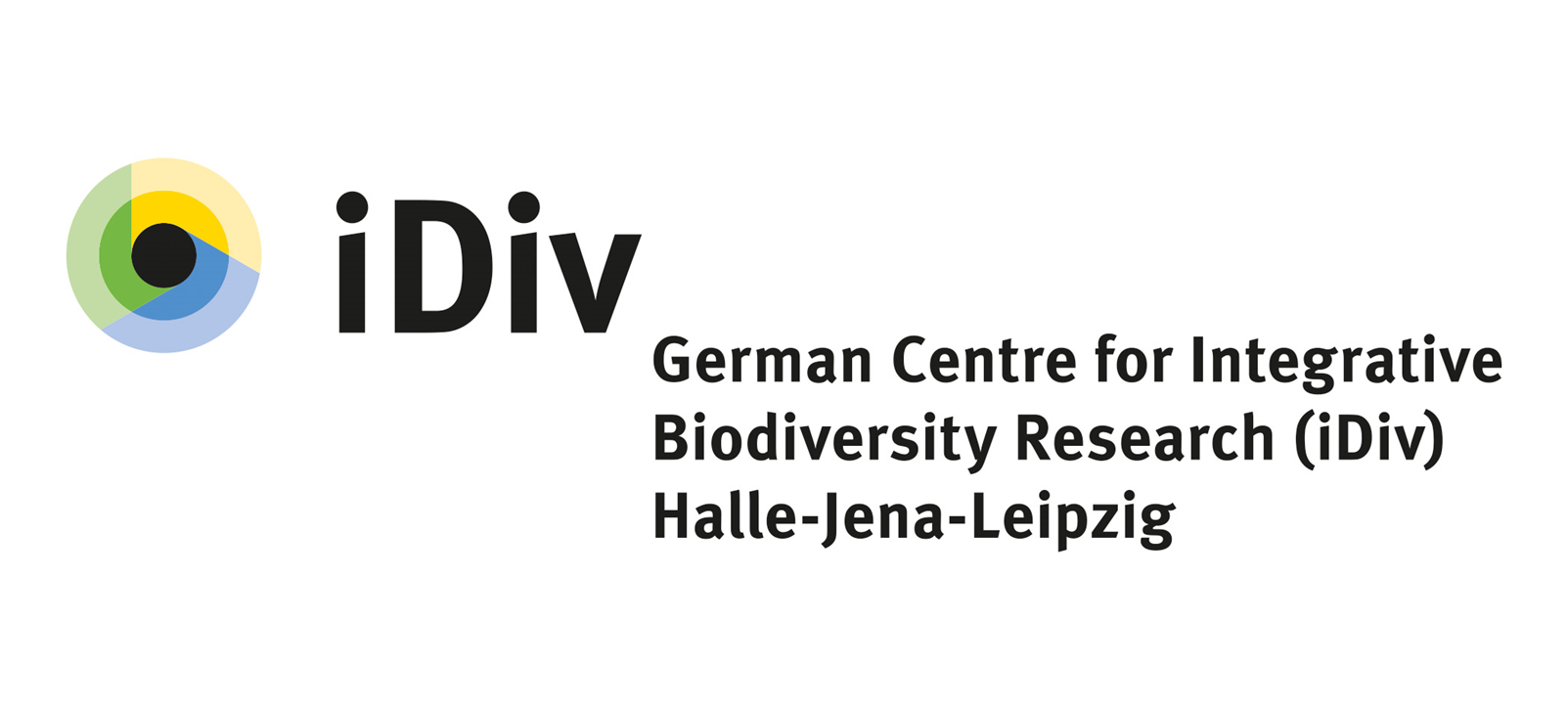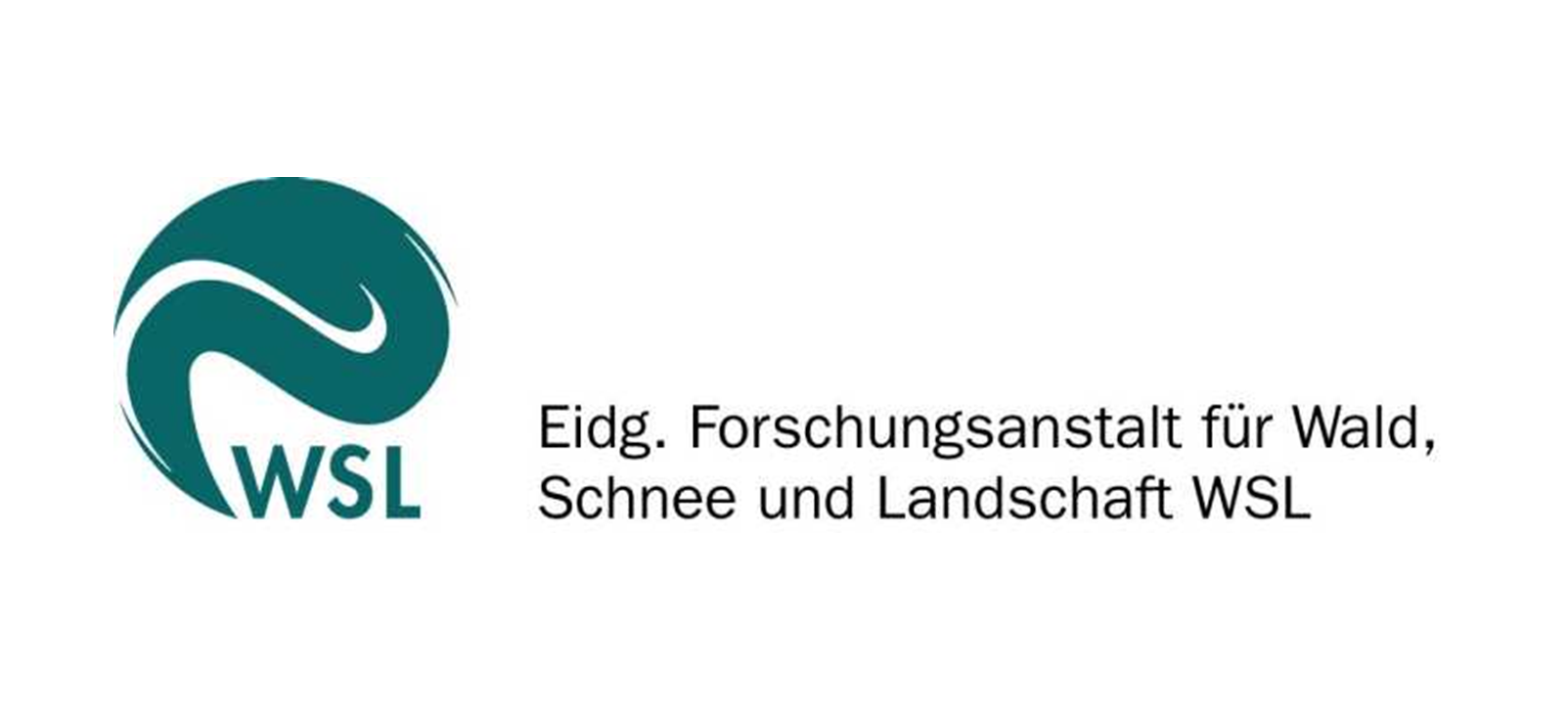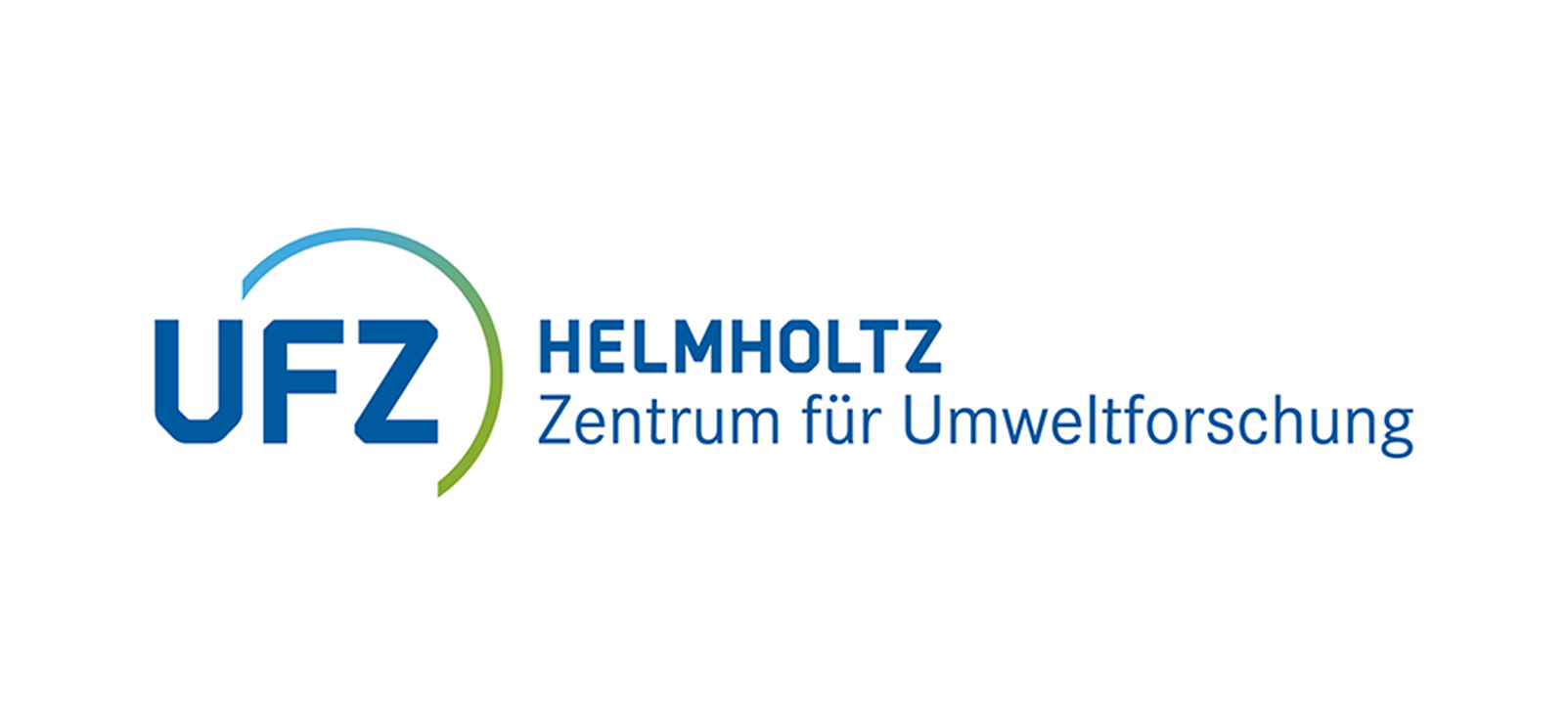Main Content
SP7 - PhD position in oak-nematode interactions at UFZ
The Helmholtz Centre for Environmental Research (UFZ) with its 1,100 employees has gained an excellent reputation as an international competence centre for environmental sciences. We are part of the largest scientific organisation in Germany, the Helmholtz association. Our mission: Our research seeks to find a balance between social development and the long-term protection of our natural resources.
The job
Within the PhytOakmeter project, the project SP7 investigates “The role of tree-nematode interactions in the acclimation and adaptation of trees”. The health of trees, as well as their ability to adapt and acclimate (A&A) to a changing environment, is intimately linked to soil biota. While the role of soil microbes in tree health has been demonstrated across a range of species, the role of soil nematodes, which interact with both the tree and the associated microbes, has received little attention. Soil nematodes occupy all trophic levels in soil and can modulate above-belowground relationships, affecting the tree directly through feeding (i.e., plant-parasitic nematodes) and indirectly by selectively feeding on soil microbial communities (i.e., fungivorous and bacterivorous nematodes). At the same time, these interactions can affect the gene expression of plants and induce defense mechanisms (i.e., the release of root exudates and volatiles) which may alter nutrient cycles and further modulate tree health, A&A, and susceptibility to environmental stress like drought. In particular, as they inhabit soil water films, nematodes are sensitive to changes in moisture availability triggered by drought. Thus, drought can alter nematode communities and their direct and indirect influence on plant health and A&A mechanisms.
This project will determine the role of soil nematode communities in modulating the A&A of drought- stressed DF159 oak clone trees and their associated microbiota. The doctoral researcher will combine taxonomic and molecular nematode monitoring approaches with soil function (substrate-induced respiration (SIR) method, phospholipid fatty acid (PLFA) analysis, and enzyme analysis) data to fine-tune techniques for nematode detection; and assess the direct and indirect effects of drought-induced alterations in soil nematode communities on tree health and A&A across a European aridity gradient and in a canopy crane experiment
Your tasks
- Analysis of experimental treatment effects on the soil nematode community (taxonomic and metabarcoding approaches) and soil ecosystem functions (microbial respiration, microbial biomass, enzyme activity)
- Planning and execution of joint field samplings with the rest of the Research Unit, including a Canopy Crane experiment and the sampling of a European tree transect.
- Synthesis and analysis of datasets from different disciplines (molecular, taxonomic, functions, etc.)
Participation in the working group seminars, lab meetings, and the HIGRADE graduate school
We offer
- Excellent technical facilities which are without parallel
- The freedom you need to bridge the difficult gap between basic research and close to being ready for application
- Work in inter-disciplinary, multinational teams
- Excellent links with national and international research networks
- Excellent support and optimal subject-specific and general training with our HIGRADE graduate school
Your profile
- Master’s or equivalent degree in a project-related field (e.g., ecology, environmental sciences)
- Very good ecological and molecular knowledge and strong interest in biotic interactions
- Very good quantitative and statistical skills in R are essential
- A clear drive to do science, and follow a hypothesis-driven approach
- Lab-work experience, especially with molecular techniques (i.e., PCR and/or sequencing)
- Experience in fieldwork, especially with soil sampling, and belowground plant-trait assessments, is advantageous
- Excellent English communication skills (spoken and written)
- Flexible and willing to adapt to different working environments and well-organized, hands-on mentality
- Motivation to be a proactive team player in an international and interdisciplinary research consortium
- Drivers licence is advantageous
Apply now
SP7 - PhD position in oak-nematode interactions at the German Centre for Integrative Biodiversity Research (iDiv) Halle-Jena-Leipzig
Founded in 1409, Leipzig University is one of Germany’s largest universities and a leader in research and medical training. With around 30,000 students and more than 5000 members of staff across 14 faculties, it is
at the heart of the vibrant and outward-looking city of Leipzig. Leipzig University offers an innovative and international working environment as well as an exciting range of career opportunities in research, teaching,
knowledge and technology transfer, infrastructure and administration.
The German Centre for Integrative Biodiversity Research (iDiv) Halle-Jena-Leipzig is a National Research Centre funded by the German Research Foundation (DFG). Its central mission is to promote theorydriven synthesis and data-driven theory in this emerging field. Located in the city of Leipzig, it is a Central Institution of Leipzig University and jointly hosted by the Martin Luther University Halle-Wittenberg, the Friedrich Schiller University Jena and the Helmholtz Centre for Environmental Research (UFZ). More Information about iDiv: www.idiv.de. The German Centre for Integrative Biodiversity Research (iDiv) Halle-Jena-Leipzig seeks to fill the above
position from 1 September 2023.
Project description
This project will determine the role of soil nematode communities in modulating the acclimation and adaptation (A&A) of drought- stressed DF159 oak clone trees and their associated microbiota. In three work packages (WP), the doctoral researcher will combine taxonomic and molecular nematode monitoring approaches with soil function (substrate-induced respiration (SIR) method, phospholipid fatty acid (PLFA) analysis, and enzyme analysis) data to assess the direct and indirect effects of drought-induced alterations in soil nematode communities on tree health and A&A by manipulating aboveground (WP1) and belowground (WP2) herbivory in two different Ecotron facilities (iDiv Ecotron and Freiburg Ecotron), and the presence and abundance of soil biota (WP3) in a plant-soil feedback experiment. In SP7, another three WPs will be investigated by an additional doctoral researcher studying the role of abiotic factors and spatial scaling for nematode communities (WP4-6) https://recruitingapp-5128.de.umantis.com/Vacancies/2735/Description/2. These two doctoral candidates will closely collaborate and assist each other with lab and fieldwork. Both doctoral researchers will further be fully integrated into the working group of the Experimental Interaction Ecology at iDiv and the Environmental Microbiology Department (Microbial Interaction Ecology group) at UFZ Leipzig.
About the position
• Fixed term of 4 years
• 65% of a full-time position
• Planned remuneration: salary group TV-L E13
• The place of work is Leipzig with iDiv as the main and UFZ Leipzig as secondary workplace
Duties
• Analysis of experimental treatment effects on the soil nematode community (taxonomic and
metabarcoding approaches) and soil ecosystem functions (microbial respiration, microbial biomass,
enzyme activity)
• Planning and execution of joint field samplings in Europe, as well as in the Ecotron facilities
• Setup and coordination of an own plant-soil feedback experiment (WP3) including the other partners
from the research unit
• Synthesis and analysis of datasets from different disciplines (molecular, taxonomic, functions, etc.)
• Participation in working group seminars, paper clubs, and the yDiv graduate school
Requirements
• Master’s or equivalent degree in a project-related field (e.g., ecology, environmental sciences)
• Very good ecological and molecular knowledge and strong interest in biotic interactions
• Very good quantitative and statistical skills in R are essential
• A clear drive to do science and to follow a hypothesis-driven approach
• Lab work experience, especially with molecular techniques (i.e., PCR and/or sequencing)
• Experience in fieldwork, especially with soil sampling, and belowground plant-trait assessments, is
advantageous
• Excellent English communication skills (spoken and written)
• Flexible and willing to adapt to different working environments and well-organized, hands-on
mentality
• Motivation to be a proactive team player in an international and interdisciplinary research
consortium
• Driving license class B
What we offer
• Cutting-edge research projects in field and laboratory experiments
• Outstanding, interdisciplinary and integrative research environment, offering many networking
opportunities
• Individual supervision by internationally recognized scientists in molecular and ecological research
with a strong focus on abiotic and biotic interactions
• A modern workplace and attractive working conditions (mobile working)
• Participation on an international nematode identification course
• Flexible working hours and work-life balance
• Commuter pass for the MDV network
Applications should include
• The usual documents (including cover letter in English describing 1) your motivation for this
subproject, 2) your research interests, and 3) relevant experience for this position)
• Names and contact details of at least two scientific references
• Digital copy of master’s certificate and transcript of records or equivalent
How to apply
Please send your application with the usual documents, quoting reference number 157/2023, via our application portal at https://apply.idiv.de by 31 May 2023. You are also welcome to email your application
as a single PDF file to Svenja.Haenzel@idiv.de. Please note that it is not possible to guarantee confidentiality and rule out unauthorised access by third parties when communicating by unencrypted email.
We kindly request that you submit copies only, as we are unable to return application documents. Interview expenses will not be reimbursed. Severely disabled persons – or persons deemed legally equal to them under
Book IX of the German Social Code – are encouraged to apply and will be given preference in the case of equal suitability.
For project-related questions, please contact Dr Simone Cesarz (simone.cesarz@idiv.de). For queries on the application process, please contact our HR Department (hr@idiv.de). iDiv is committed to establishing and maintaining a diverse and inclusive community that collectively supports and implements our mission to do great science. We will welcome, recruit, develop, and advance talented staff from diverse genders and backgrounds.
